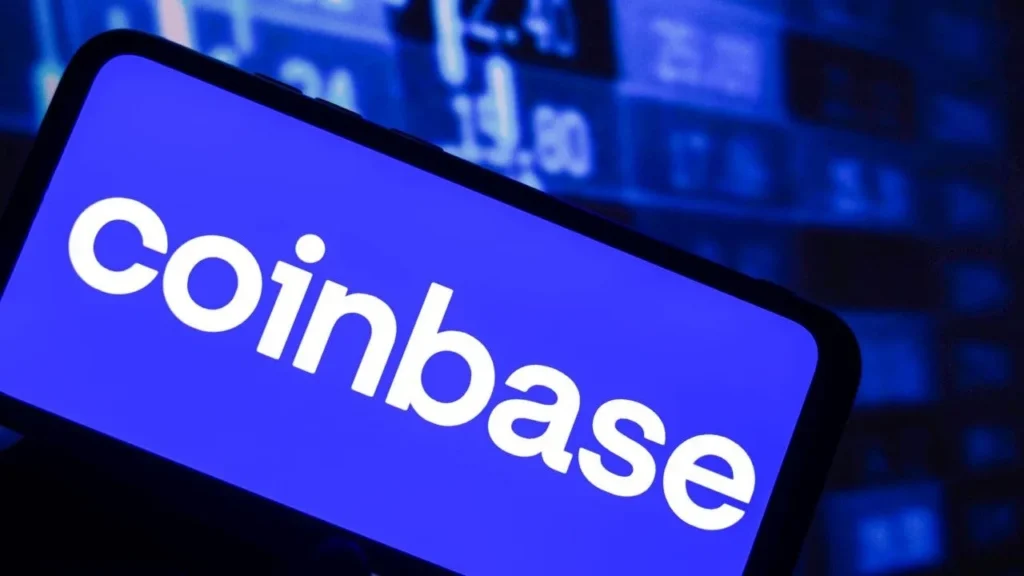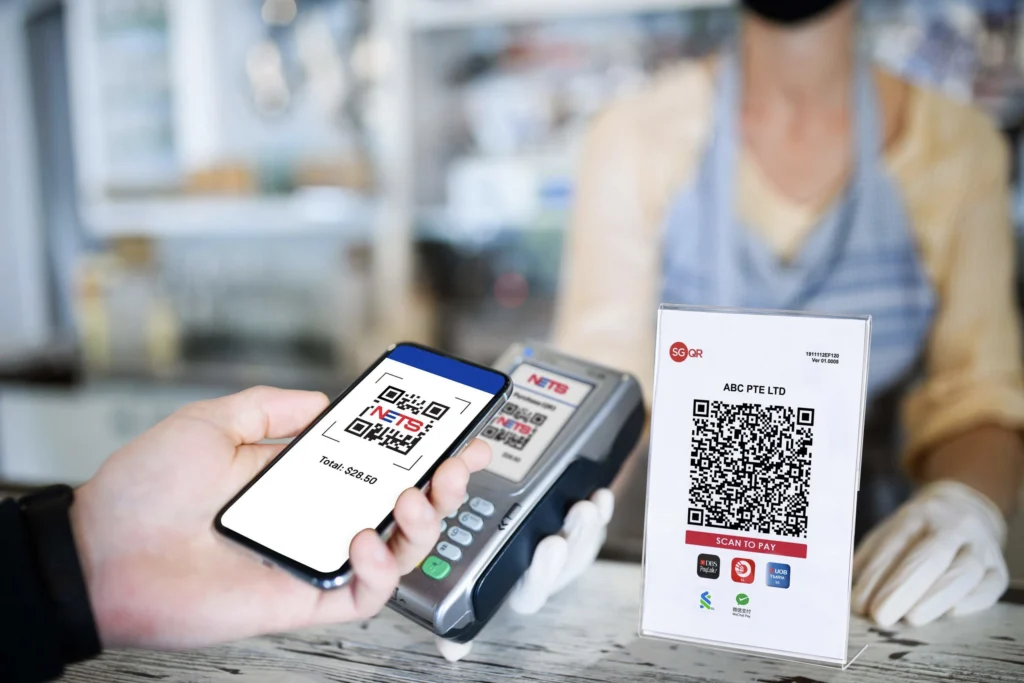How to Accept Crypto Payments in Thailand: A 2025 Business Owner’s Guide
How to Accept Crypto Payments in Thailand in 2025
Thinking of accepting crypto at your business in Thailand? You’re not alone. What started as a novelty in a few cafés or gadget shops has now grown into a real option for many small businesses in 2025. While it’s still far from mainstream, crypto payments Thailand are being quietly adopted in tourist hubs, digital nomad hotspots, and even local service businesses.
Here’s what’s actually happening—and how you can get started.
Crypto Payments Thailand: Why Some Thai Businesses Are Giving Crypto a Chance
For many Thai business owners, accepting crypto isn’t about jumping on a trend. It’s about offering convenience to a growing segment of customers—especially travelers and expats who live off digital income or hold stablecoins. In cities like Chiang Mai or areas like Phuket, it’s not uncommon to meet people who prefer to pay with USDT, BTC, or ETH instead of using traditional banking channels.

Some businesses are curious. Others are motivated by the idea of faster cross-border payments or avoiding traditional card processing fees. And a few just enjoy being seen as forward-thinking. Even if only a handful of customers pay in crypto each month, owners say those customers tend to spend more—and remember the business for it.
Getting Started: Two Common Approaches
Most Thai businesses that accept crypto in 2025 take one of two approaches.
The first is the wallet-to-wallet method. You create a business crypto wallet—on platforms like Binance, Trust Wallet, or Coinbase—and display a QR code for customers to scan. Payments happen directly between wallets, and you check for confirmation on your phone. It’s fast, simple, and free from third-party fees—but you’re on your own for recordkeeping and market fluctuations.

Credit from : Bankrate
The second method involves crypto payment systems, which act more like a digital point-of-sale. These platforms often help convert crypto to baht or stablecoins, offer invoices, and support better tracking. Some are global services; a few are locally developed. While this route can simplify the process, it may come with fees or extra setup steps.
Crypto Payments Thailand: But Is It Legal?
Yes—with caveats.
Thailand’s SEC has updated crypto regulations several times in recent years. Trading, promotion, and investment services are more tightly controlled. But using crypto as a payment—particularly peer-to-peer or through authorized platforms—is still permitted.

Credit from : Hong Leong Bank
You’ll still need to list your prices in Thai baht and report crypto earnings as part of your business income. If you’re offering products or services, you may also be responsible for VAT regardless of payment type. In short: you can accept crypto, but you’ll need to treat it like any other revenue source. Consulting a local accountant who understands digital assets is strongly recommended.
What It Looks Like Day-to-Day
In practice, crypto payments don’t look futuristic or complicated. A customer scans a QR code, transfers funds from their mobile wallet, and shows a confirmation screen. That’s it. In tourist-heavy zones like Sukhumvit, Koh Phangan, or Nimmanhaemin Road, businesses are reporting steady—if limited—use.

A Chiang Mai co-working space says they only get one or two crypto payments a week. But those customers often return. A restaurant in Phuket recently began accepting USDT and ETH, mostly as a trial. One of the owners said: “I wasn’t sure anyone would use it, but it’s led to longer conversations, bigger tabs, and even some crypto tips.”
Staff training matters too. If your team isn’t familiar with how to check a transaction, the process can quickly become awkward. A few businesses even print simple visual guides behind the counter to help staff and customers through it.

Credit from : Learn Worlds
What to Expect—and Whether to Keep It Going
Some businesses try crypto for a few months, see no interest, and quietly turn it off. Others treat it like an experiment—no pressure, just optional. If customers use it, great. If not, no harm done.
That’s part of the appeal. Crypto payments don’t require major investment, and you can start (or stop) at any time. Over time, especially if digital nomads and crypto earners keep flowing into Thailand, usage may pick up naturally.
Final Thoughts
Crypto payments in Thailand aren’t going to replace the baht any time soon. But they are becoming a small, real part of the business landscape—especially in tourist-facing industries. If you’re running a small café, a guesthouse, or even a service business in a city with international foot traffic, adding a crypto option might just be worth your while.
Set it up simply. Educate your staff. Mention it quietly on your website or storefront.
And don’t be surprised if one day a customer looks up and says, “Do you take USDT?”




